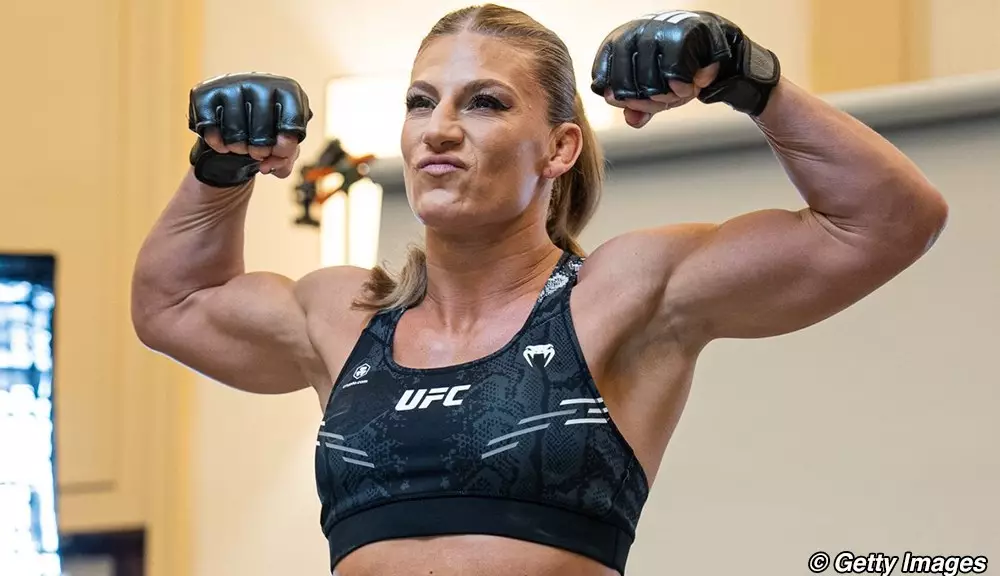In the competitive landscape of mixed martial arts (MMA), the Ultimate Fighting Championship (UFC) stands as an unparalleled institution. Daniel Cormier, a renowned figure in the sport and a UFC Hall of Famer, vehemently argues that no other promotion can foster the same level of superstardom as the UFC. As a two-division champion, Cormier is acutely aware of the nuances that both fighters and organizations need to navigate in this brutal yet thrilling sport. His perspective sheds light on an ongoing debate surrounding the effectiveness of rival organizations such as PFL and Bellator in cultivating star athletes.
Cormier’s assertion is rooted in the belief that the UFC is the singular platform where fighters can truly shine. He likens the promotion to the NBA, where only the elite athletes participate, thus solidifying the brand’s reputation for excellence. Cormier highlights that even respected fighters like Ben Askren and Michael Chandler saw their popularity soar after transitioning to the UFC. This influx of talent not only enriches the UFC’s roster but also dramatically raises the stakes and visibility of the fighters involved.
He identifies a key factor in the rise of these fighters: the UFC’s unparalleled ability to market its athletes. Cormier emphasizes that earning visibility and lucrative contracts only happens when competing against the best in the world, a privilege that UFC uniquely offers. His comments suggest that while aspiring fighters may strive for success in organizations like PFL, they risk remaining behind the shadows of UFC stars.
Cormier does not shy away from critiquing competitors of the UFC. He questions the capability of organizations such as the PFL to create sustainable success in a landscape dominated by the UFC. His reference to Scott Coker, who has managed to achieve longevity in Bellator, serves as a rare example of effective leadership outside the UFC’s empire. Even so, Cormier indicates a growing disparity in the popularity and drawing power of these smaller promotions compared to the UFC, claiming that the gap between them is increasing exponentially.
The case of Kayla Harrison is particularly telling; despite her commendable track record in the PFL, her recent move to the UFC speaks volumes about the allure of fighting in the octagon. Cormier hints at an unsettling truth: organizations like the PFL may inadvertently use the UFC’s stature to elevate their own athletes while diminishing their own brand.
As the landscape of MMA continues to evolve, Cormier’s insights serve as a crucial reminder of the commercial realities facing fighters who wish to ascend to the zenith of the sport. His declarations not only advocate the UFC’s supremacy in creating and nurturing talent but also spark essential conversations about the future of MMA. As other organizations seek to carve out their niches, they must grapple with the undeniable gravitational pull of the UFC and the stars it produces. Thus, while various promotions exist to challenge the UFC’s dominance, the octagon seems firmly entrenched as the destination where dreams of superstardom turn into reality.

